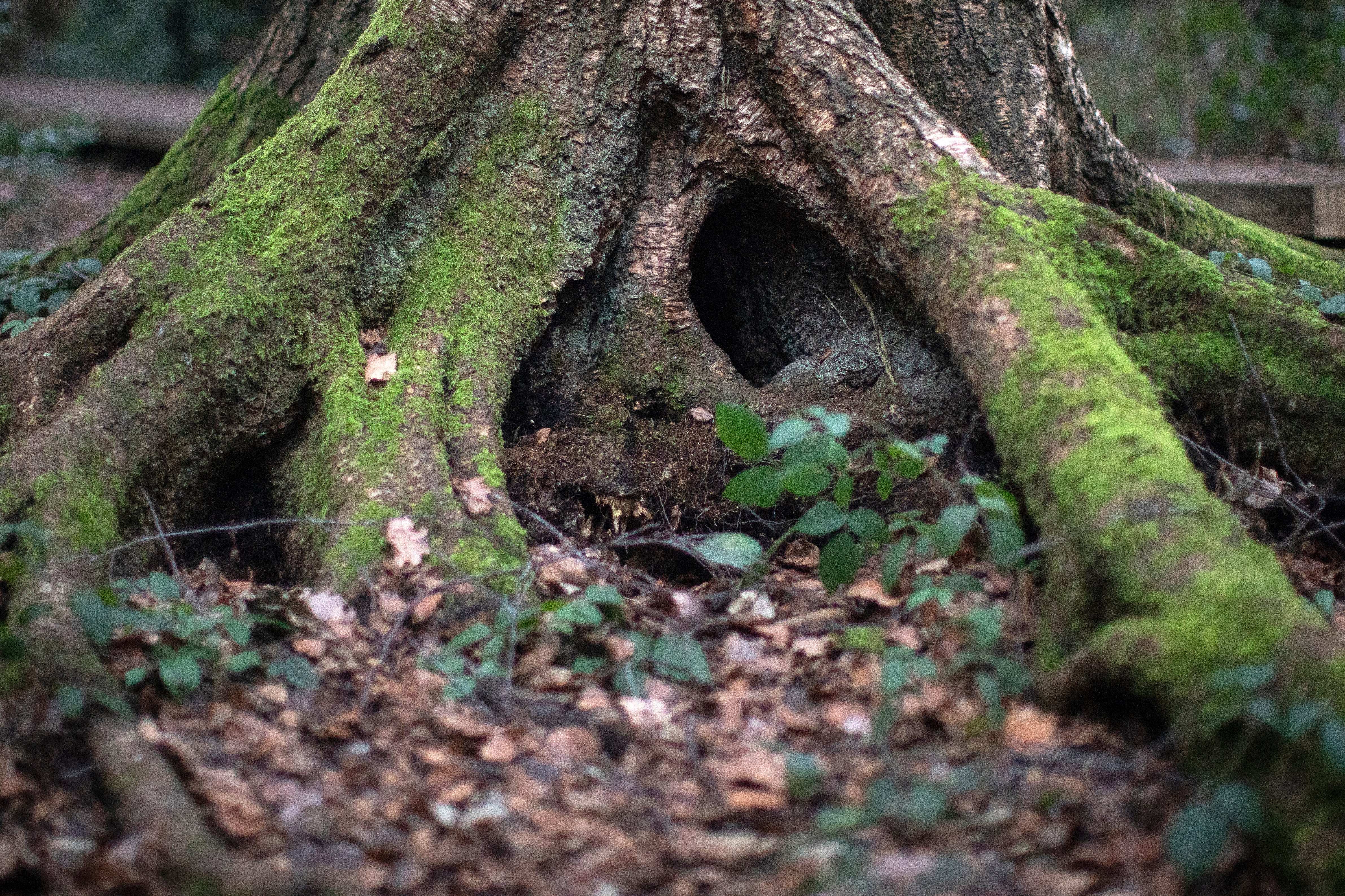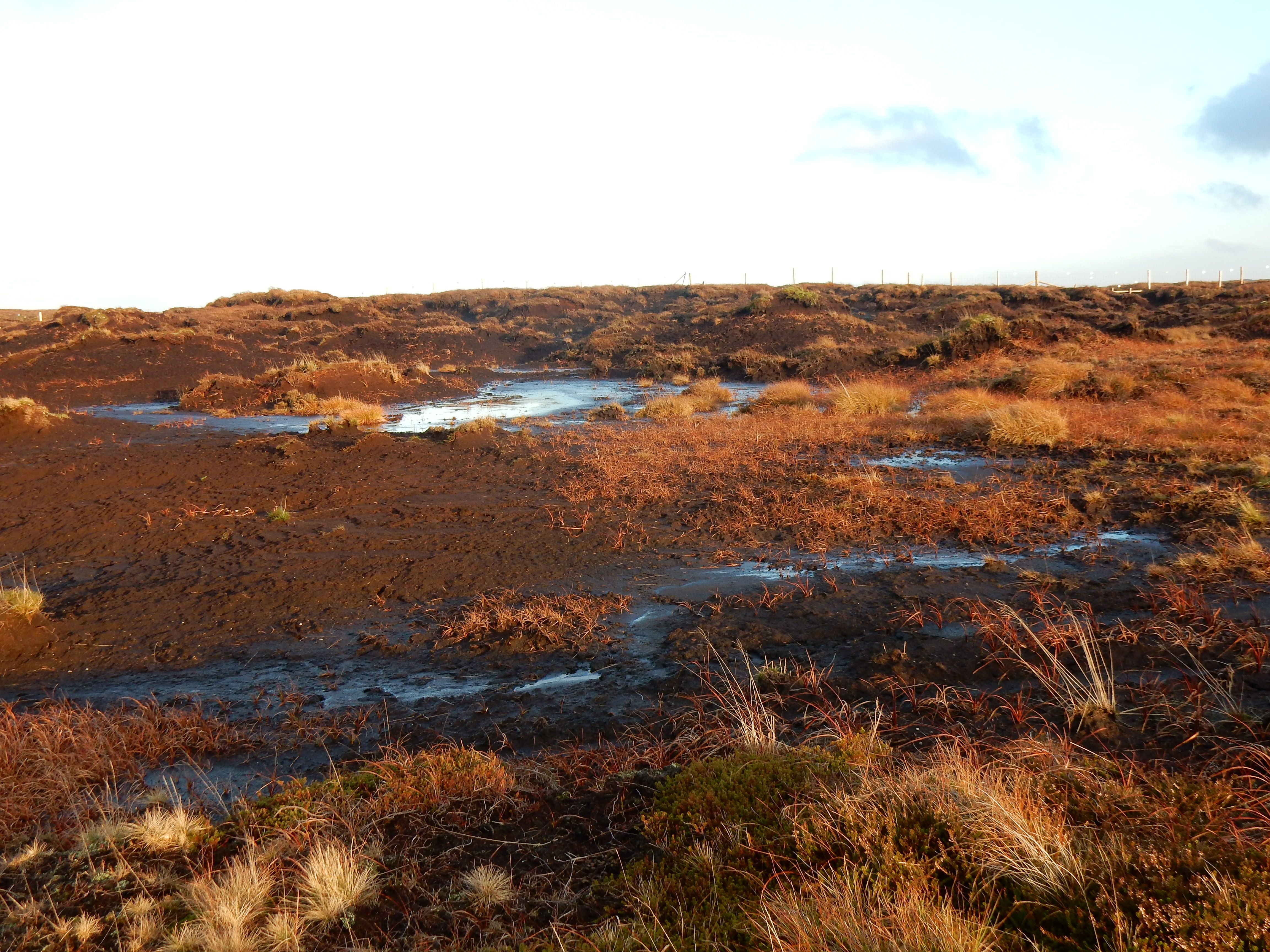Restoring UK’s peatlands, forests and grasslands ‘vital’ for tackling climate crisis, report says
Protecting Britain’s ecosystems could help to boost natural carbon stores while also enhancing public well-being, scientists say

Protecting and restoring the UK’s native ecosystems offers a “no-brainer” solution for helping to tackle the climate and biodiversity crises, researchers say.
An assessment, produced by around 100 experts from across the UK and beyond, argues that restoring Britain’s bogs, forests, grasslands and seascapes is “vital” for boosting natural carbon stores, stemming nature loss and enhancing public well-being.
Scientists said that Britain’s water-logged peatlands were “superheroes of the natural world” – covering just 10 per cent of the country’s surface but storing around three billion tonnes of carbon.
The UK’s woodlands also play an important role in soaking up carbon, researchers said. The UK’s natural forests currently cover 13 per cent of land and store around one billion tonnes of carbon, according to the report published by the British Ecological Society.
Both ecosystems, however, face ongoing threats as a result of human pressures.
A previous report from the Woodland Trust published in April warned that the UK’s forests had reached “crisis point” as a result of habitat damage, pollution and rising temperatures, while the Wildlife Trusts has previously warned that the UK risks “national embarrassment” over its failure to protect peatlands from destruction.
“If the UK is serious about cutting its carbon emissions, it must get serious about peatlands,” Dr Christian Dunn, a wetlands researcher at Bangor University and lead author of the peatlands chapter of the new report, told a press briefing.
“Over the centuries, there have been a variety of pressures on our peatlands. They’ve been turned over for agriculture, overgrazed, drained, burnt, polluted – just basically trashed.
“We have damaged so much of our peatlands in the UK that it’s estimated that only around 20 per cent of peatlands are considered to be in a natural state. The other 80 per cent have been damaged in some way. And when they’re damaged, they stop being stores of carbon and instead become sources.”

Ongoing destruction of the UK’s peatlands is currently causing around 23 million tonnes of CO2 equivalent to be released each year – a figure roughly equal to 5 per cent of the country’s total emissions, the report says.
Dr Dunn said: “We need to get serious about two things. The first to look after our remaining peatlands to prevent any more carbon from being released. And the second is to improve the quality and the state of peatlands so that they start to draw down carbon and lock it away.”
The government is due to imminently set out its England Peat Strategy – its plan for how it intends to restore and protect the country’s carbon-rich peatlands.
Dr Dunn added that “everyone can do something to look after our peatlands” by refusing to buy peat-based compost. “Every time you buy a bag of compost from peat, a bog or a fen has been destroyed,” he said.
Prof David Coomes, lead author of the woodlands chapter of the report and a conservation scientist at the University of Cambridge, added that protecting and expanding the country’s native forests could also help to tackle the climate and biodiversity crises.
“I think a no-brainer is to protect our native woodlands,” he told the press briefing.
“We see there’s plenty of opportunity to expand those woodlands by planting around the outskirts of them with native trees...By doing that, we can make those [woodlands] more resilient to climate change, we can increase our capacity to look after biodiversity and important, if we all public access, we can create human wellbeing benefits.”
Boris Johnson has pledged to plant 30,000 new trees every year by 2025 as part of efforts to reach the country’s goal of net-zero emissions by 2050. However, recent data shows the government is still far from reaching its older, less ambitious targets.
Farmers could also play a role in boosting nature’s ability to tackle the climate crisis by planting trees on their land and by allowing the expansion of hedgerows, which can act as sanctuaries for wildlife, the authors added.
Overall, “nature-based” solutions offer real promise for tackling the climate crisis, but should not be seen as a replacement for measures to cut emissions, such as transitioning away from fossil fuels, according to the research.
“Nature-based solutions complement, but they’re not an alternative, to things like drastic carbon emissions cuts and other measures to protect biodiversity,” said Prof Rick Stafford, a conservation biologist and lead author of the marine chapter of the report.
Prof Rob Brooker, head of ecological sciences at the James Hutton Institute, who was not involved in the report, said the findings “highlight the huge range of benefits we get from nature”.
“Nature conservation goes hand-in-hand with tackling urgent issues such as climate change, and we all need to work with nature to help address these global environmental challenges,” he said.
Join our commenting forum
Join thought-provoking conversations, follow other Independent readers and see their replies
Comments
Bookmark popover
Removed from bookmarks